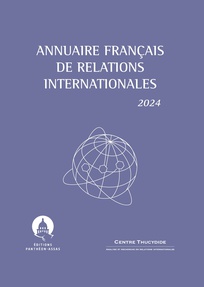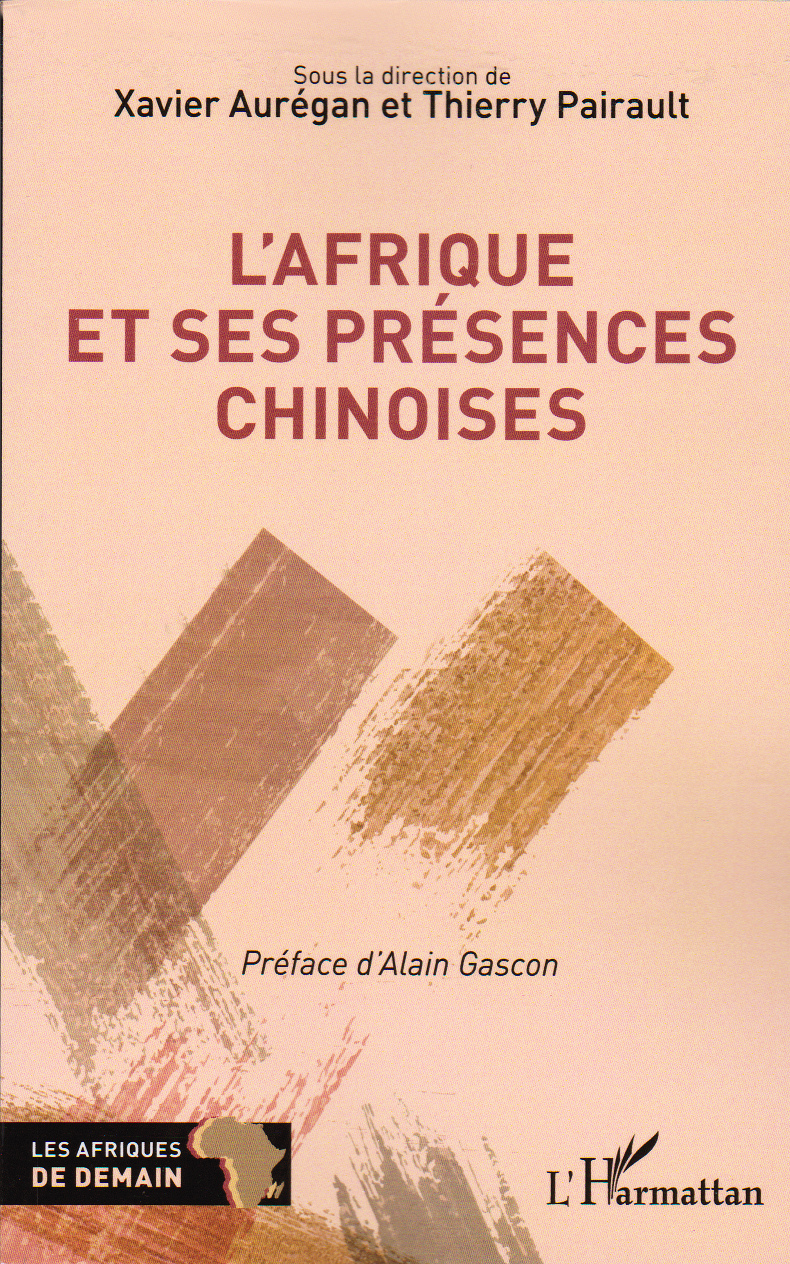A Remarkable Resemblance: Germany From 1900 to 1945 and China Today
Robert D. Atkinson
Information Technology & Innovation Foundation, 20 janvier 2021
Cette lecture peut aider à remettre en perspective et à interpréter les présences chinoises en Afrique et ailleurs le long des nouvelles routes de la soie.
Lire à http://international-economy.com/TIE...![]()
Abstract
The issue of China trade has taken up most of the trade policy oxygen for the last four years as the United States and China deepened their trade war, and it is unlikely that a new Biden administration will go back to a pre-Trump era vis-à-vis China trade. Yet crafting the right response to China’s unrepentant “innovation mercantilism” is difficult because it appears the free world has never faced such an adversary before.
But in fact, as Rob Atkinson writes in The International Economy, the free world has faced such an adversary: Germany for the first 45 years of the 20th century. As noted development economist Albert O. Hirschman wrote in 1941, Germany was neither a free trader nor a protectionist. It was a “power trader” that used trade as a key tool to gain commercial and military advantage over its adversaries. Likewise, China’s trade policy is guided neither by free trade nor protectionism, but by power trade, with remarkably similar strategy and tactics to those of 1940s Germany. Understanding how Germany manipulated the global trading system to degrade its adversaries’ capabilities, entrap nations as reluctant allies, and build up its own industries for commercial and military advantage, just as China is doing, can shed light and point the way for solutions to the China challenge.
Atkinson concludes that the only real solution to confronting the most dominant power trader in history is to use a multitude of tactics. This means that allied nations need to do a better job of supporting their own advanced and critical industries through smart, coordinated industrial and technology policies. It means stronger alliances and deeper trade pacts among free-trading nations.
It means closer collaboration between allied nations to push back on Chinese predatory power trade practices, including increasing foreign aid to help developing nations avoid crippling dependency on China and better coordinating export controls and inward investment reviews.
It means that a “coalition of the willing,” led by the United States, should name and shame other nations that are unwilling to make even modest economic sacrifices to help constrain China power trade, rather than free riding on the efforts of a few nations, such as Australia, the United States, and, it appears, the United Kingdom.
It means the formation of a “NATO for trade” to more effectively counter Beijing’s strategy of picking off trade adversaries one at a time and bullying them into submission. This new organization—call it the Democratically Allied Trade Organization (DATO)—should be governed by a council of participating countries, and if any member is threatened or attacked unjustly with trade measures that inflict economic harm, DATO would quickly convene and consider whether to take joint action to defend the member nation.
In summary, we should not reject free trade ideals. But we should also not be blind to the harsh reality that the world now is distorted by the world’s strongest power trader: China. The answer is not deglobalization. It is not protectionism. It is not holding on to the naive hope that free trade could prevail if the United States simply “ends the trade war” (started by China). Rather, allied nations need to understand the adversary they face, and respond bravely, strategically, and expeditiously.












